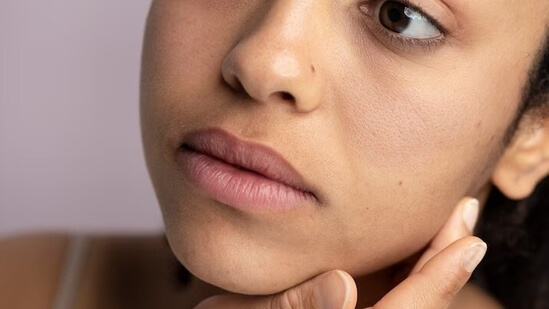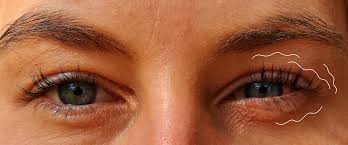Neuroticism likely to develop anxiety, depression disorders: study
Fri 29 Jan 2016, 12:12:54
Young people who are high on the personality trait of neuroticism are more likely to develop both anxiety and depression disorders, researchers including one of Indian-origin have found.
Researchers from Northwestern University and University of California, Los Angeles (UCLA) in US studied personality traits of 547 participants recruited as high school juniors at two high schools.
They found that of the five major dimensions of personality, neuroticism – a trait characterised by anxiety, fear, moodiness, worry, envy, frustration, jealousy, and loneliness – is the trait most relevant for developing nearly all forms of psychopathology.
The other four personality traits are extraversion, agreeableness, conscientiousness and openness.
“Neuroticism was an especially strong predictor of the particularly pernicious state of developing both anxiety and depressive disorders,” said Richard Zinbarg from Weinberg College of Arts and Sciences at Northwestern.
Earlier research has shown that neuroticism is associated with substance abuse, mood and anxiety disorders but had not tested whether these associations are comparable in strength.
High schools students could be given a questionnaire on neuroticism – either via
paper and pencil or administered online – that determines their standing on that personality trait, Zinbarg said.
paper and pencil or administered online – that determines their standing on that personality trait, Zinbarg said.
“It should be possible to reduce simultaneously, through a single intervention, the risk for anxiety as well as for depression and help people cope much better,” he said.
The results also shed light on a theoretical controversy about neuroticism and its definition, according to researchers including Deepika Anand from Northwestern University.
“Some, including me, believe that neuroticism is somewhat specific,” said Zinbarg.
“The theorists in this camp believe that neuroticism makes people more susceptible to the negative emotions – anxiety, depression, irritability, anger,” he said.
Others believe that neuroticism heightens susceptibility to emotions in general, including those that are positive. In that view, neuroticism would be as much a predictor of disorders of excess, like gambling or substance use, as of disorders that involve inhibition and pain, researchers said.
They found that neuroticism was not as strong a predictor of substance use disorders as for anxiety disorders and depression. The findings will be published in the journal Clinical Psychological Science.
No Comments For This Post, Be first to write a Comment.
Most viewed from Health
AIMIM News
Delhi Assembly polls: Owaisi leads Padyatra in Okhla
Feb 01, 2025
We reject this Waqf Amendment Bill: Asaduddin Owaisi
Jan 30, 2025
Latest Urdu News
Most Viewed
May 26, 2020
Which team will win the ICC Men's Champions Trophy 2025 held in Pakistan/Dubai?
Latest Videos View All
Like Us
Home
About Us
Advertise With Us
All Polls
Epaper Archives
Privacy Policy
Contact Us
Download Etemaad App
© 2025 Etemaad Daily News, All Rights Reserved.
































